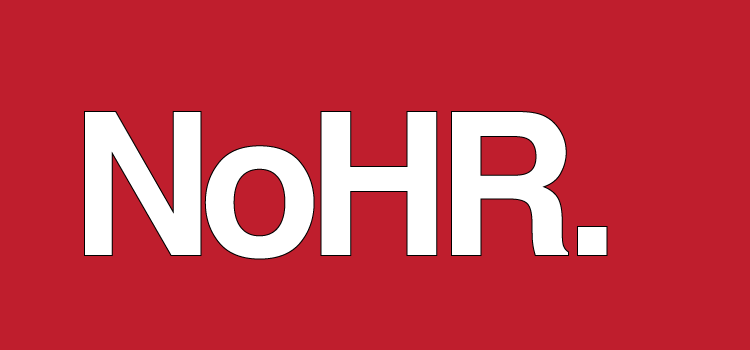About NoHR
NoHR (Nova Hybrid Reasoner) is a plug-in for the ontology editor Protégé that allows its users to query knowledge bases composed of both an Ontology in OWL 2 EL or OWL 2 QL and a set of Reasoning Rules. NoHR is the first hybrid reasoner of its kind for Protégé.
Ontologies are knowledge bases that formally specify classes of entities and properties that relate these classes. They can be used to describe taxonomic knowledge, such as hierarchies and apply the so-called Open World Assumption, meaning that only information that can be proven explicitly is derivable. OWL 2 EL and OWL 2 QL in particular are two of the profiles, i.e., fragments, of the general Web Ontology Language OWL 2 whose standardization is driven by the W3C. These profiles have a restricted syntax to ensure that reasoning tasks are tractable, i.e., they have a low worst-case complexity for reasoning (commonly polynomial). Among these profiles, OWL 2 EL is particularly well-suited to represent ontologies describing very large numbers of classes (and properties) and prominent use cases are in biomedicine and health care, e.g., SNOMED CT or GALEN, and in bioinformatics, e.g., the Gene ontology, to name only a few. OWL 2 QL is particularly tailored towards large sets of data and captures e.g. the expressivity of UML class diagrams and ER diagrams.
Reasoning Rules on the other hand are meant to explicitely represent inference, from premises to conclusions. Unlike ontology languages, reasoning rules are commonly viewed under the Closed World Assumption, meaning that whatever is not derivable from a set of reasoning rules is considered false (by default), but may be subject to change if further knowledge (to the contrary) is gained. This non-monotonic behavior is particularly adequate to model defaults and exceptions, impossible to model with ontology languages.
With NoHR users can load an ontology and a set of (non-monotonic) reasoning rules, and query the resulting hybrid knowledge base. This way, users can benefit from the combined expressive features of both representation mechanisms.
Using a top-down reasoning approach, which means that only the part of the ontology and rules that is relevant for the query is actually evaluated, NoHR combines the capabilities of ELK and a dedicated direct translation for OWL 2 EL and OWL 2 QL, respectively, with the rule engine XSB Prolog to deliver very fast interactive response times.
NoHR at Work
The following brief video shows NoHR (version 1.0.0) at work:
References
N. Costa, M. Knorr and J. Leite, Next Step for NoHR: OWL 2 QL, In M. Arenas, O. Corcho et al. (Eds) Proceedings of the 14th International Semantic Web Conference (ISWC'15), Springer-Verlag, 2015.
V. Ivanov, M. Knorr and J. Leite, A Query Tool for EL with Non-monotonic rules, In H. Alani, L. Kagal et al. (Eds.) Proceedings of the 12th International Semantic Web Conference (ISWC’13), LNCS 8218, pp 216-231, Springer-Verlag, 2013.
